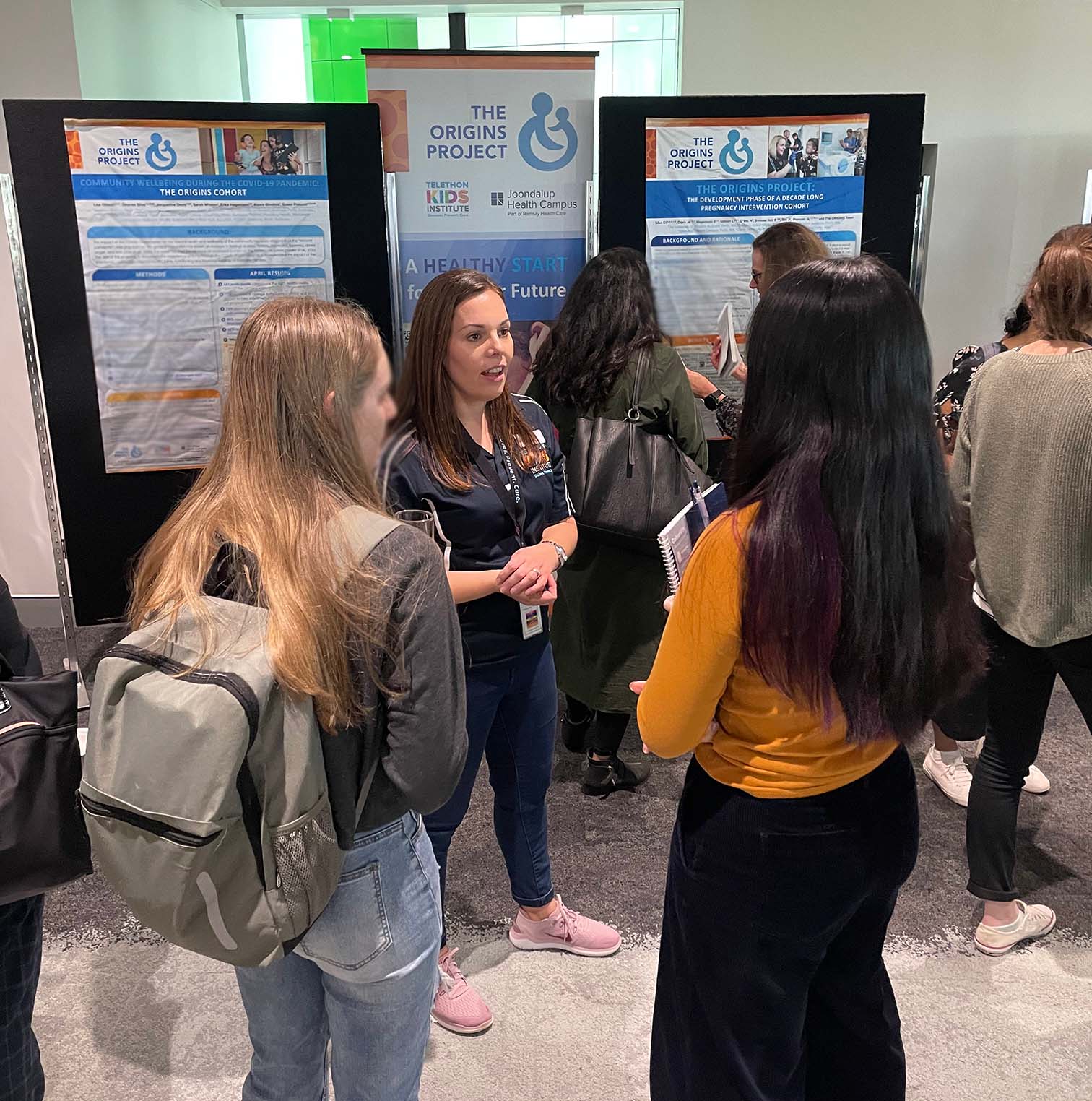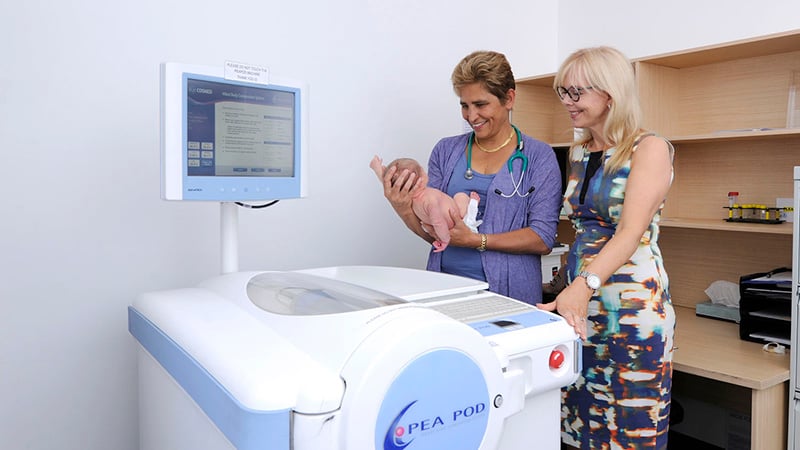Search

News & Events
Prospective Student EveningStudents met ORIGINS team at the recent Prospective Student Evening at Telethon Kids Institute.


News & Events
Hong Kong researcher highlights importance of nature for children during Joondalup Health Campus visitJoondalup Health Campus welcomed international researcher Dr Tanja Sobko to share her research on the link between mental health and time spent in nature.

News & Events
Early ORIGINS: Disease prevention starts with the early yearsThe Joondalup Health Campus and The Kids are investigating how childhood and adult-onset diseases can be prevented during foetal development and in the early years of life.
Accessing the ORIGINS cohort, database or biological samples involves a process of review and approval.

ORIGINS is fortunate to have a small passionate and dedicated group of longstanding volunteers.

The ORIGINS Biobank is collecting biological samples from participant families at 10 timepoints between the time of pregnancy and the child turning five years of age.

ORIGINS is collecting physiological, biological and clinical data from the mother, partner/father and child at numerous points to track development and change.

A list of organisations that currently collaborate with ORIGINS.

The goal of the Research Interest Groups is to facilitate the development of rigorous, competitive, and inclusive applications, including research proposal and funding applications.
